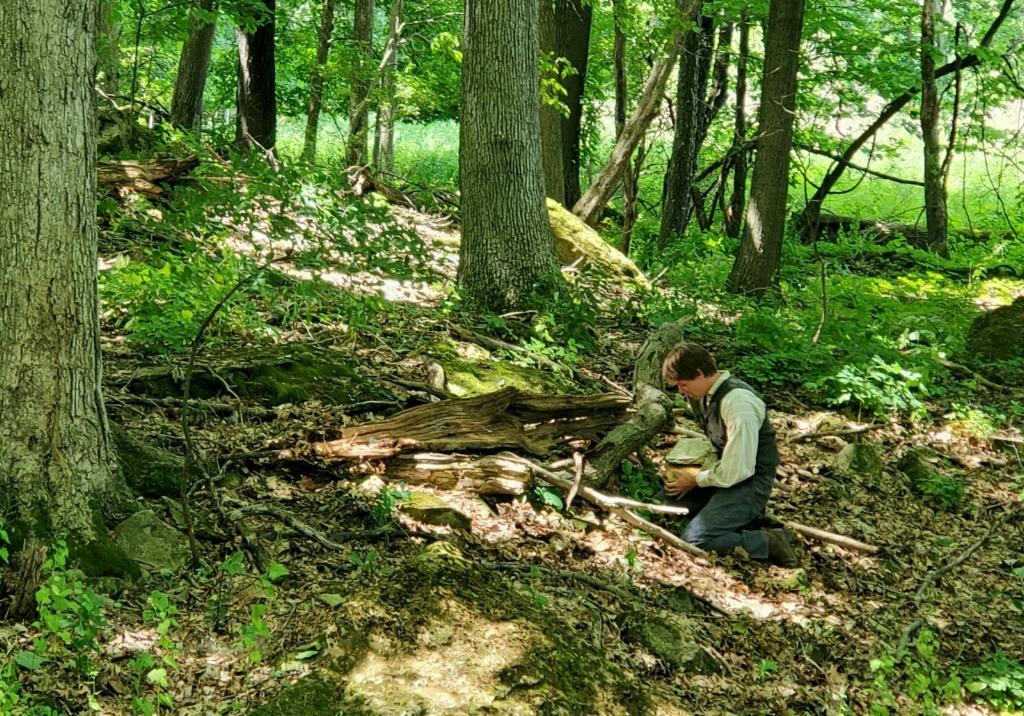
(Wikimedia Commons public domain photograph)
I share here a passage drawn for my notes from Susan Easton Black and Larry C. Porter, Martin Harris: Uncompromising Witness of the Book of Mormon (Provo: BYU Studies, 2018). The background to this particular quotation is that, in mid-December 1869, Elder William H. Homer was returning to his home and family in Utah from a mission in England for the Church of Jesus Christ of Latter-day Saints. En route, he stopped overnight in Kirtland, Ohio, where he visited that town’s now essentially abandoned Latter-day Saint temple and spent some time with Martin Harris, who was serving as its self-appointed custodian. Homer reported that, at the time of the visit, Harris was “a poorly clad, emaciated little man . . . a pathetic figure.” (408). He was also bitter, and angry at Brigham Young. However . . .

Homer reported that when questioned about his belief in the Book of Mormon, “the shabby, emaciated little man before us was transformed as he stood with hand outstretched toward the sun of heaven.” “‘Young man,’ answered Martin Harris with impressiveness, ‘Do I believe it! Do you see the sun shining! Just as surely as the sun is shining on us and gives us light, and the [moon] and stars give us light by night, just as surely as the breath of life sustains us, so surely do I know that Joseph Smith was a true prophet of God, chosen of God to open the last dispensation of the fulness of times; so surely do I know that the Book of Mormon was divinely translated. I saw the plates; I saw the Angel; I heard the voice of God. I know that the Book of Mormon is true and that Joseph Smith was a true prophet of God, I might as well doubt my own existence as to doubt the divine authenticity of the Book of Mormon or the divine calling of Joseph Smith.'”
To Homer, “it was a sublime moment. It was a wonderful testimony. We were thrilled to the very roots of our hair.” Indeed, “it was the real Martin Harris whose burning testimony no power on earth could quench.” Homer claimed that hearing him testify was “the most thrilling moment” of his life. (409-410)










